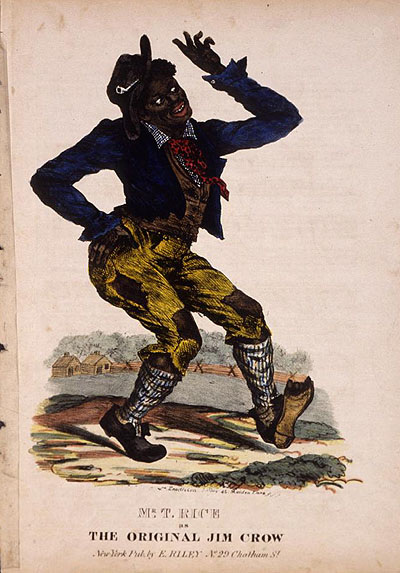|
Starter 9 (10 min) To what extent do you agree with the following quotes? Write a substantive paragraph explaining your view. "A democratic system rests ultimately on the belief that each man is the best judge of his own interests and that he should have, through the ballot box, a voice in choosing those who govern him.” "Voting is the fundamental political right of citizens in a democracy. The right to vote is the right to influence officials and policy. To be denied the vote is to be denied the guarantee that one's interest will be taken into account when policy is made. There is no justifiable test of property, race, color, national origin, religion, or education for disenfranchising one class of citizens." --Evron M. Kirkpatrick Member, President's Commission on Registration and Voting Participation Intro: We are launching into a case study on Voting Rights with specific focus on the Voting Rights Act of 1965 in order to better understand how the three branches of government apply to a piece of legislation. Today, we’re going to learn about the historical context that led to the VRA of 1965! Yeeeeeeehaw for eradicating historical amnesia and becoming an informed populace! Alabama Literacy Test
Background Knowledge: Jim Crow and Civil Rights
HOMEWORK If you didn’t finish the Jim Crow Research and Response in class, finish it for homework. We will start class with this on Monday. Comments are closed.
|
Lori's BlogLesson plans posted daily. Come here to see what you missed, find instructions, etc. Archives
April 2024
Categories |

 RSS Feed
RSS Feed
